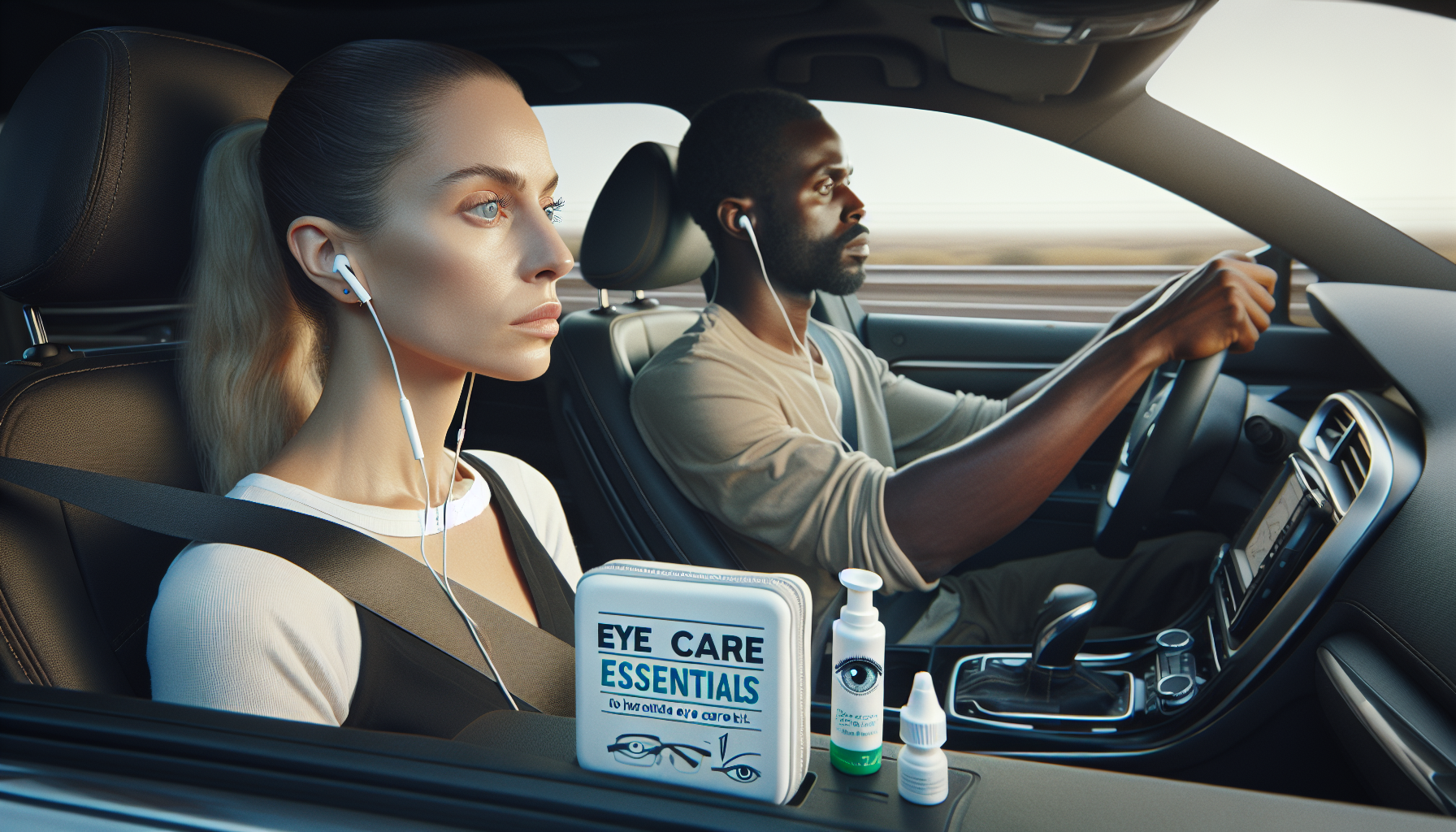Working long hours or operating heavy machinery can often lead to drowsiness, which can pose a serious risk to safety, especially in professions such as driving or construction. A striking number of fatal accidents in the U.S are attributed to sleepy driving, highlighting the need for a solution. In an effort to combat this issue, engineers from the University of California, Berkeley, developed an innovative prototype – earbuds capable of detecting signs of fatigue in the brain.
These earbuds monitor brain activity similar to an electroencephalogram (EEG), which is a common medical test used to measure brain’s electrical activity. Unlike traditional EEGs that require electrodes to be attached to the head, these earbuds have built-in electrodes designed to fit into the ear canal.
Although the electrical signals captured by the earbuds are smaller compared to a traditional EEG, the researchers, led by study senior author Rikky Muller, an associate professor of electrical engineering and computer sciences at UC Berkeley, demonstrated that the Ear EEG platform is sensitive enough to detect alpha waves. These are patterns of brain activity that increase when you are about to fall asleep or close your eyes.
The idea was to create a practical device that could be used daily by anyone who might benefit from it. The researchers avoided using wet electrode gels or creating custom earpieces, instead, they aimed to design a model that was dry, user-friendly and could provide reliable readings for a wide range of ear sizes and shapes.
The final earpiece, designed in collaboration with Ana Arias’s lab at UC Berkeley, comes in three sizes and features multiple electrodes in a cantilevered design. The earpiece gently applies outward pressure to the ear canal and uses flexible electronics for a comfortable fit.
In a study, the researchers asked volunteers to perform monotonous tasks in a dimly lit room while wearing the earpieces. Despite the signal quality from the earpieces appearing worse at times, the researchers were able to accurately determine the onset of drowsiness. The earpieces maintained their accuracy even with new users, making them a potentially effective tool right ‘out of the box’.
Besides EEG signals, the device can also record other signals such as heartbeats, eye movements, and jaw clenches. The research, supported in part by the Ford University Research Program and a Bakar Spark Award, opens up various potential applications of this wearable technology that doesn’t require any extra equipment.
This breakthrough in wearable technology not only ensures safety but also opens up a new frontier in sleep disorder diagnosis and treatment. If you’re interested in learning more about such advancements in eye care or you’re seeking professional eye care services, visit https://shankarnetrika.com/ or drop by Shankar Netrika Eye Centre, a leading ophthalmic diagnostic and therapeutic centre based in Mumbai. The centre, headed by Dr Navin Kumar Gupta, offers comprehensive eye care services including cataract surgeries and laser treatments.

Comments are closed for this post.